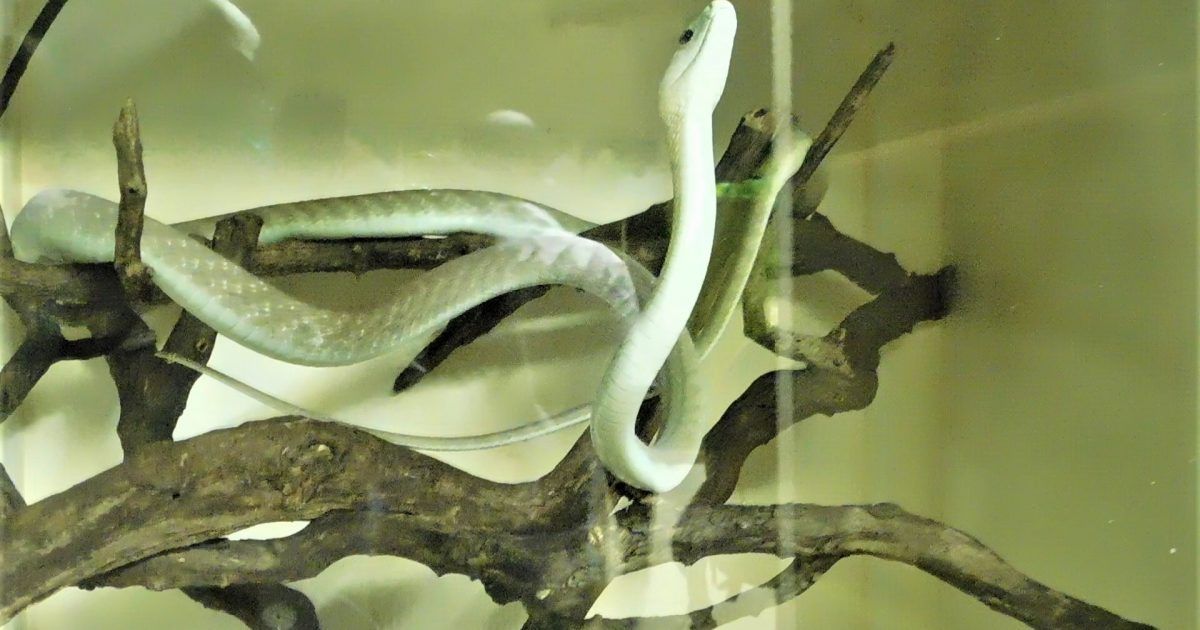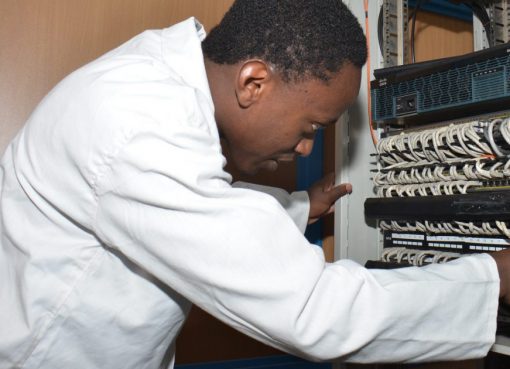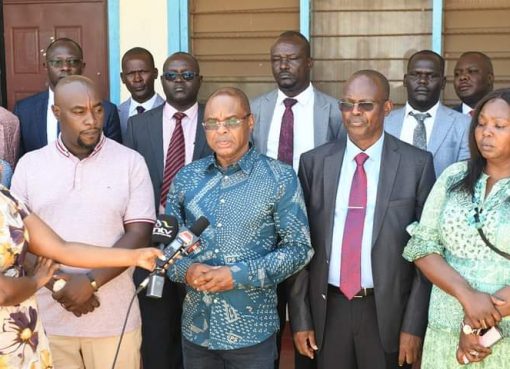Kenya could soon start manufacturing its own anti-venom drug if the government legalizes the operations of a Kilifi County-based snake farm researching on the drug.
Tourism and Wildlife Cabinet Secretary Najib Balala said his ministry was seeking partnership with Bio Ken Snake Farm in Watamu with a view to endorsing the conservation group to extract venom from the reptiles and developing it into an antidote for snake bites.
Bio Ken has been milking and preserving venom from the snakes at the farm with the hope that they can use it to develop the anti-venom drug to treat people bitten by poisonous snakes.
Mr. Balala said his ministry would collaborate with that of health, the World Health Organization (WHO) and other research organizations to see how well Bio Ken could legally extract the venom and process it into anti-venom.

“We have looked at their records and my office and Bio Ken want to form a partnership so that we can legalize their operations and see if the anti-venom drug can be manufactured in the country so Kenya can stop importing the same,” he said.
Mr. Balala said the development of the drug in the country could address the problem of human-wildlife conflicts since snake bites accounted for 80 percent of all deaths arising from wildlife attacks.
“Snakes account for 80 percent of all cases of human-wildlife conflicts in Kenya,” he said adding, “Eighty percent of the deaths we have recorded at the Kenya Wildlife Service (KWS) are caused by snakebites.”
He said this was despite the fact that his ministry had delisted injuries or deaths caused by snakebites from among those eligible for compensation.
He said there was also need for the conservation group to conduct civic education to enlighten communities on how to handle snakes in order to reduce the cases of snakebites, and lauded the conservation group for doing so in surrounding communities.
“If we manage to handle snakes well, we will reduce attacks of snakes in this region,” he said adding, “This region and other parts of Kenya have plenty of dangerous snakes and it is important that Kenyans know how to handle them.”
By Emmanuel Masha




